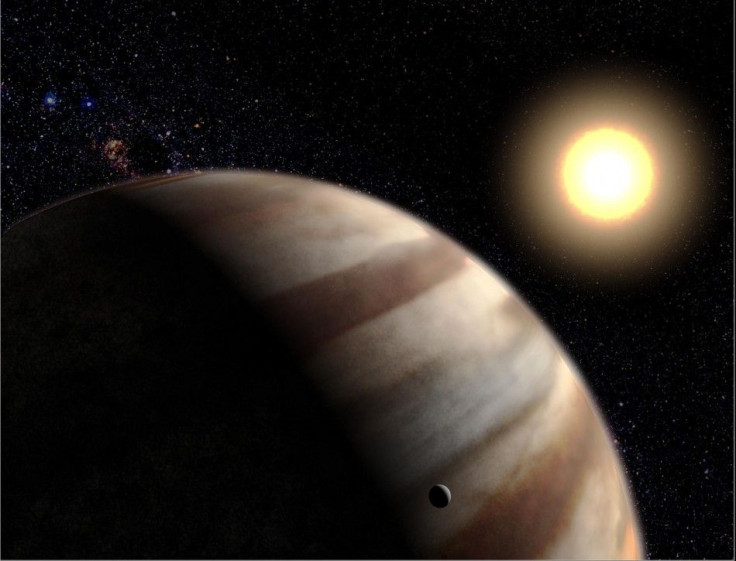Yes, We Are Alone, No Life Elsewhere: Study

While some people are not quite convinced by the idea that there could be other civilizations in our galaxy, some are very much optimistic regarding the same, and so are the scientists engaged in the search for extraterrestrial intelligence (SETI). But a new analysis suggests that life elsewhere in our galaxy might be limited, if it exists at all.
SETI scientists believe and work under the assumption that there is intelligent life in the galaxy, and one day radio contact would be made with them. In order to calculate the possibility of the radio contact, the scientists use a formula called the "Drake Equation," created by Frank Drake of the SETI Institute in California in 1960s.
The equation estimates the number of detectable extraterrestrial civilizations in the Milky Way galaxy. To do that, it multiplies a string of factors that include "the number of stars, the fraction that have planets, the fraction of those that are habitable, the probability of life arising on such planets, its likelihood of becoming intelligent," and the like.
According to SETI scientists, the possibility of life arising on apposite habitable planets is always 100 percent. This is a law that applies to the entire universe that includes the origin of life on Earth, and for the same reason, it must seed life elsewhere as well.
"The genesis of life is as inevitable as the formation of atoms," said Andrei Finkelstein, director of the Russian Academy of Sciences' Applied Astronomy Institute. Finkelstein even claimed that life exists on other planets and we will find it within 20 years.
However, a new paper published on arXiv.org has crushed all these claims. Placing a question mark on what SETI scientists believe, astrophysicist David Spiegel of Princeton University and physicist Edwin Turner of the University of Tokyo argue that "the life here on Earth could be common, or it could be extremely rare -- there's no reason to prefer one conclusion over the other."
Spiegel and Turner said that although life began on Earth soon after the planet became habitable, "this fact is consistent with ... life being arbitrarily rare in the Universe." The evolution of intelligent life on Earth took at least 3.5 billion years, and since Earth's evolution started quite early, we are able to contemplate the likelihood of life today, they said. In the paper, they prove this statement mathematically.
What the scientists want to establish is not the fact that human beings are alone in this universe. Their result means that there's no reason to think that extraterrestrial intelligence exists somewhere in the universe other than Earth.
© Copyright IBTimes 2024. All rights reserved.












